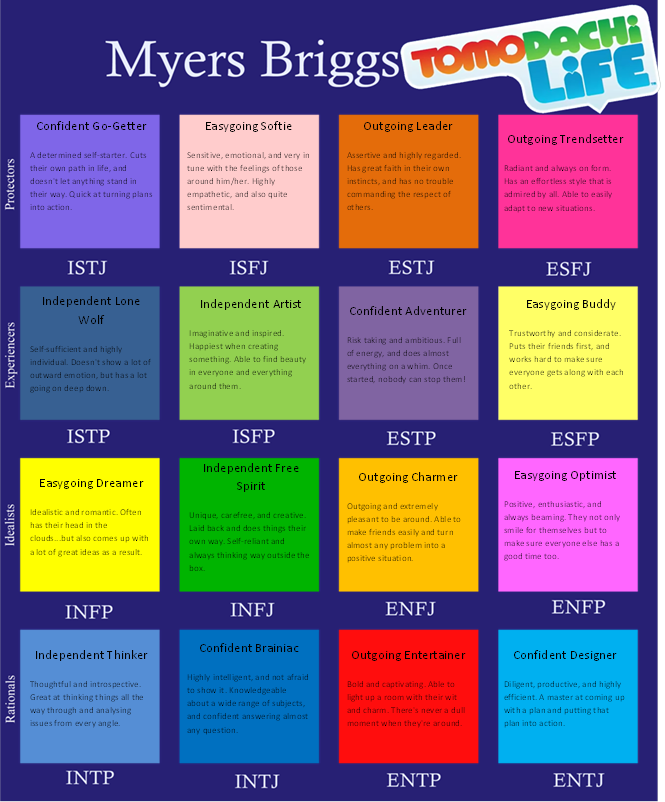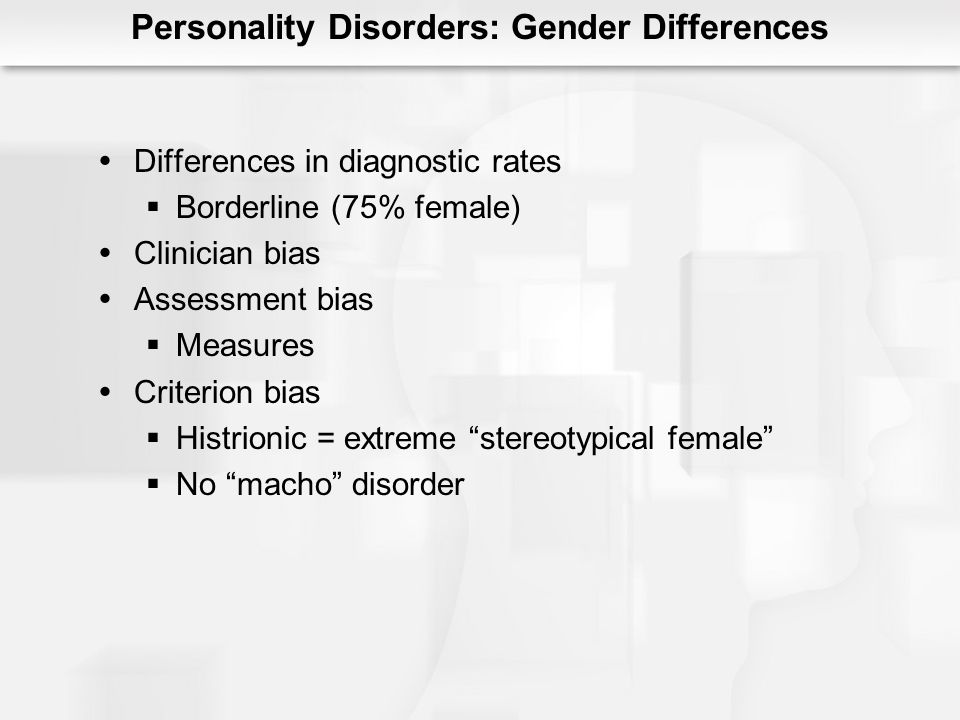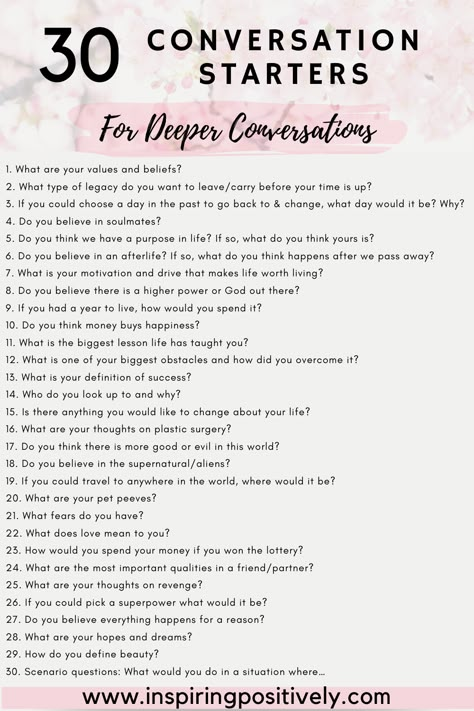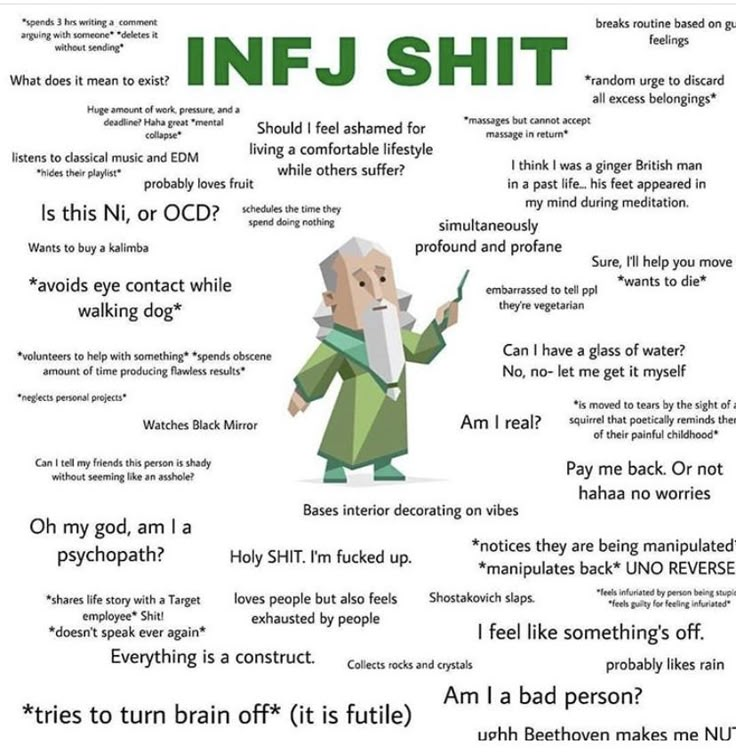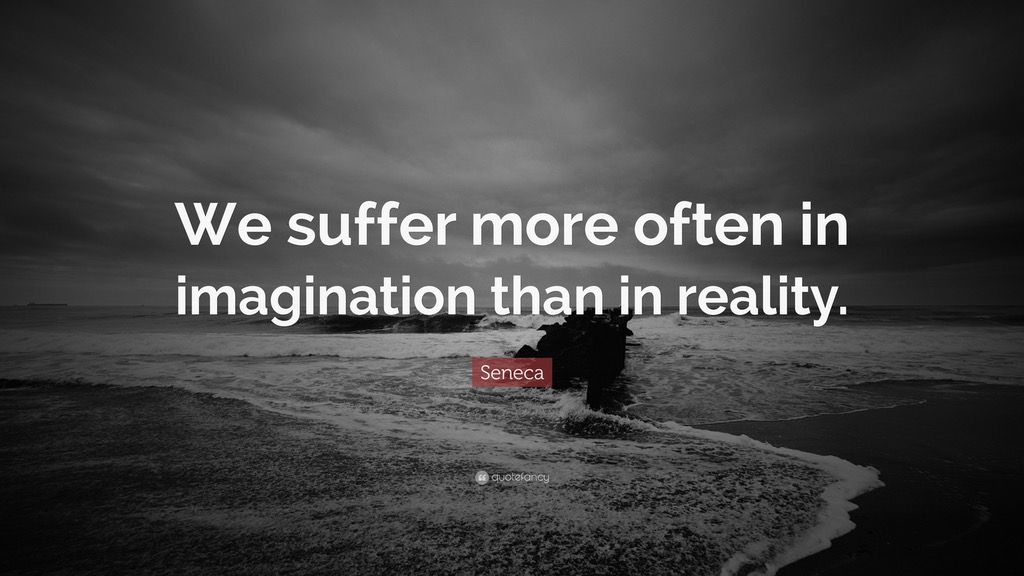Polymath personality type
Are you a polymath?
What is a polymath?A polymath (Greek: πολυμαθής, polymathēs, "having learned much") is a person whose expertise spans a significant number of different subject areas; such a person is known to draw on complex bodies of knowledge to solve specific problems.
You may draw parallels to the term "Renaissance man" however I think this is too restrictive to a time in history. Easily recognizable polymaths were Leonardo da Vinci, Galileo or more recently Benjamin Franklin.
In the modern age you can look to individuals like Nathan Myhrvold: Computer scientist, physicist, entrepreneur, photographer, chef or Brian Eno: Musician, record producer, visual artist, political activist, diarist. What makes them unique is the level of proficiency they can demonstrate in multiple disciplines. The true polymath is not a personality such as the fictional “know it all” persona of Cliff Claven (Cheers TV series 1982-1993). The “know it all” appear as if they're an expert on a subject while there are signals that this person doesn't know very much on the subject or at least as much as they're acting like they do on the subject.
The polymath is restless, inquisitive and driven to explore, and potentially master, a range of diverse subject areas. They easily shift between rational and experiential/intuitive thinker. The rational system is analytic, logical, abstract, and requires justification via logic and evidence. In contrast, the experiential system is holistic, affective, concrete, experienced passively, processes information automatically, and is self-evidently valid. This ability to not be confined by either and embrace both is at the core of the polymath and a very unique trait.
Why are polymaths an endangered species?Today the polymath tends to appear on the fringes of societal norms. Their behaviors are seen as quirky, unique and unconventional. When they become interested in an area they tend to become engrossed and even detached until they fulfill a void. The depth and expanse of this void is truly the difference between the dabbler and polymath.
My own personal opinion is a true polymath demonstrates competency when they are able successfully utilize diverse knowledge and skills to provide new insights and creative solutions.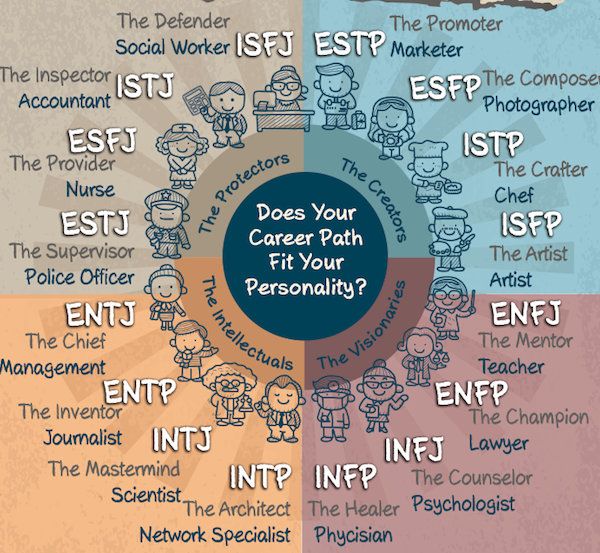 The profound nature of these insights and solutions distinguishes the level of skill the polymath possess (again just my thoughts).
The profound nature of these insights and solutions distinguishes the level of skill the polymath possess (again just my thoughts).
Our modern academic world pushes talented individuals to specialize. It is extremely difficult to appear relevant and standout amongst the growing numbers of experts in a field and propose an alternative view. For a polymath, the charge of dabbling never lies far below the surface. “With the amount of information that’s around, if you really want to understand your topic thoroughly then, yes, you have to specialize,” says Chris Leek, the chairman of British Mensa, a club for people who score well on IQ tests. “And if you want to speak with authority, then it’s important to be seen to specialize.” Science fiction author Robert Heinlein had a very different view He believed that everyone should attempt to be a polymath and that specialization was for insects. In today’s information society we drown out the uniqueness the polymath can bring through relational thinking and diversity of perspective.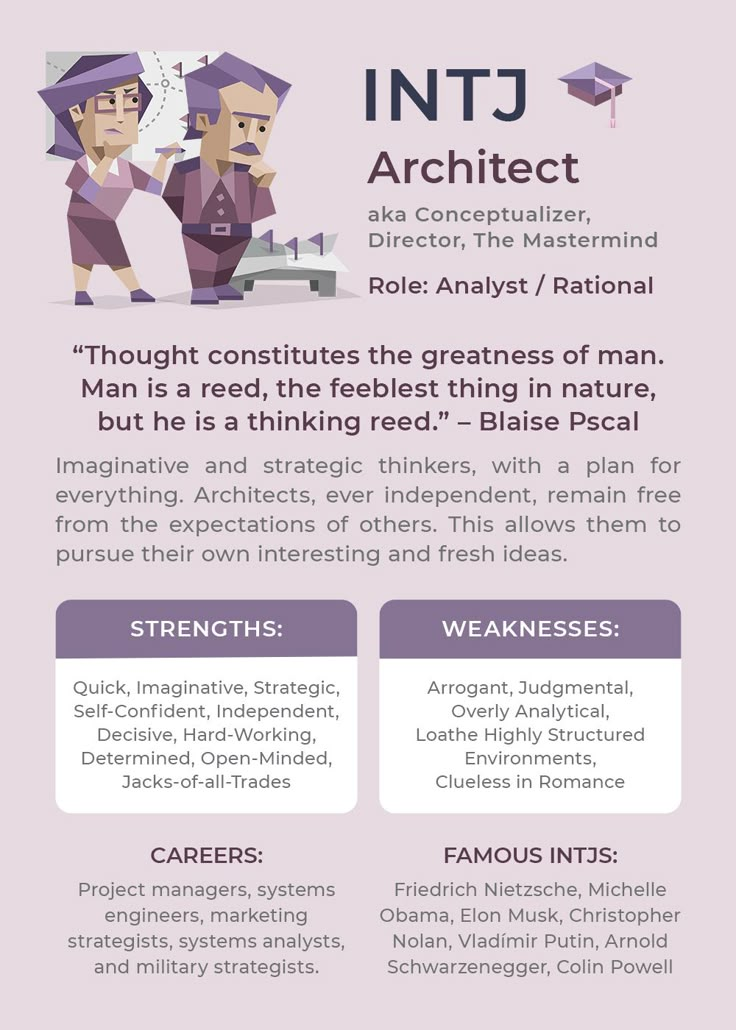
During Galileo's time his opinions that the Sun lies motionless at the center of the universe and that the Earth is not at its center and that it moves in an orbit were declared contrary to Holy Scripture. He was sentenced to formal imprisonment at the pleasure of the Inquisition. Immanuel Velikovsky is an example of a recent scientific exoheretic; he did not have appropriate scientific credentials or did not publish in scientific journals. While the details of his work are in scientific disrepute, the concept of catastrophic change (extinction event and punctuated equilibrium) has gained acceptance in recent decades.
Today’s creative thinkers are challenged by specialist with deep rooted knowledge and perspectives and when a point of view is raised by an individual without the proper pedigree, they no longer admonishment of their heretical views, rather they are ignored and pushed out of circles of influence.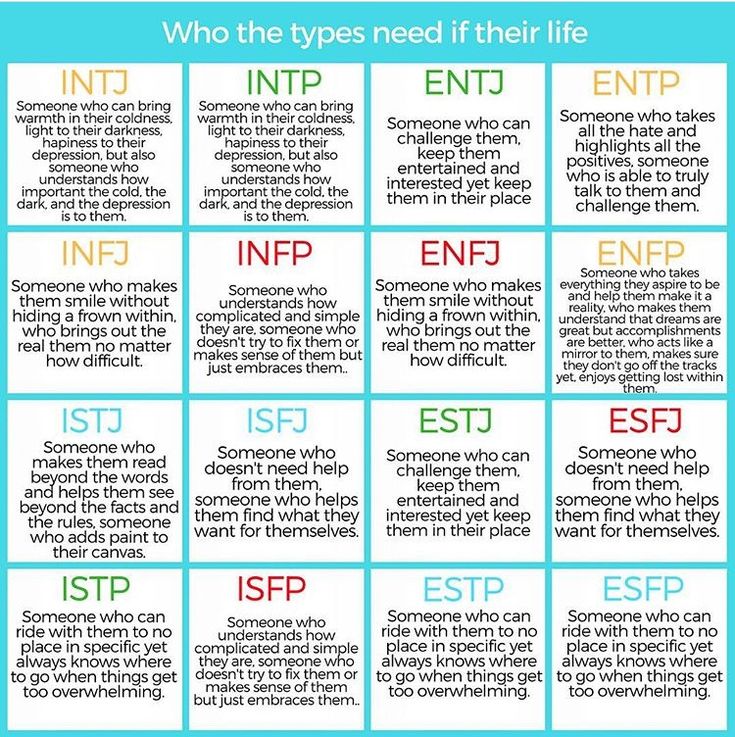 I am not sure which punishment may be harsher to the creative mind.
I am not sure which punishment may be harsher to the creative mind.
No, I do not think so, however we are in an age where access to information is just a few clicks away and while this should be encouraging creative exploration and ideas, it also is a two edged sword that allows ideas to be easily ridiculed and dismissed as irrelevant. The inquisitive autodidact needs to be encouraged to explore their passions and develop a multitude of skills and productive knowledge thus possibly yielding new ideas and innovation through a less than intuitive combination of experiences and skills. I do fear that some of our most productive minds may look for secret safe havens locked in member "only groups" and we may find ourselves asking "who is John Galt".
Skill mastery 10,000 hours or skill proficiency in 20 hours?We have all heard the quote it takes 10,000 hours to achieve mastery of a skill this is true in an ultra competitive field in a very narrow subject area.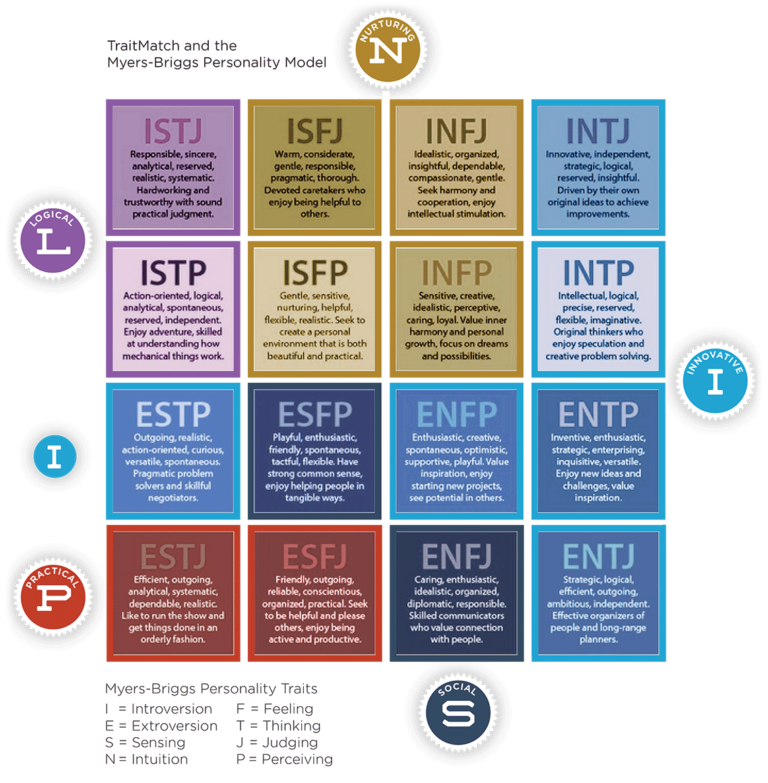 This pushes us to believe specialization and time are the key. The reality is that for most skills it may take only twenty hours. Josh does a nice job of explaining the basis of this claim and an easy to use process. This process can be applied to just about anything, if you give it a full effort I would like to hear about your results.
This pushes us to believe specialization and time are the key. The reality is that for most skills it may take only twenty hours. Josh does a nice job of explaining the basis of this claim and an easy to use process. This process can be applied to just about anything, if you give it a full effort I would like to hear about your results.
Is there a home on the internet for the polymath?
I enjoy the Quora website as it sparks many new ideas and a starting place to become more interested in diverse topics and perspectives. There are other sites dedicated to collaborative solving of difficult mathematical problems and research believing that diverse perspectives yield new discoveries.
As always, I enjoy comments and appreciate pushing the "thumbs-up" like button if you found this interesting and thought provoking.
Thanks,
Kevin
A polymath life : What is a polymath?
Renaissance Woman
Polymath
What is a Polymath?
A polymath is a person who excels across a diverse range of areas.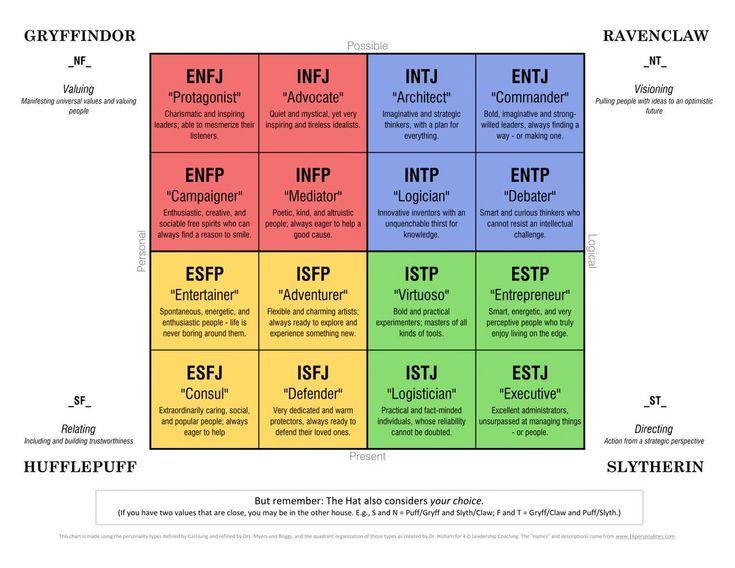
It isn’t enough to merely have broad interests or superficial knowledge of several topics. Polymaths are more than proficient across multiple fields, possessing expertise at a level that enables them to draw upon advanced knowledge as innovators and problem solvers.
Characteristics of a Polymath
- Open-minded, self-reliant, and self-confident
- Ravenous reader
- Mostly self-taught—quite autodidactic
- Intensely curious
- Exceptionally resourceful
- Rarely idle; never bored
A few more.
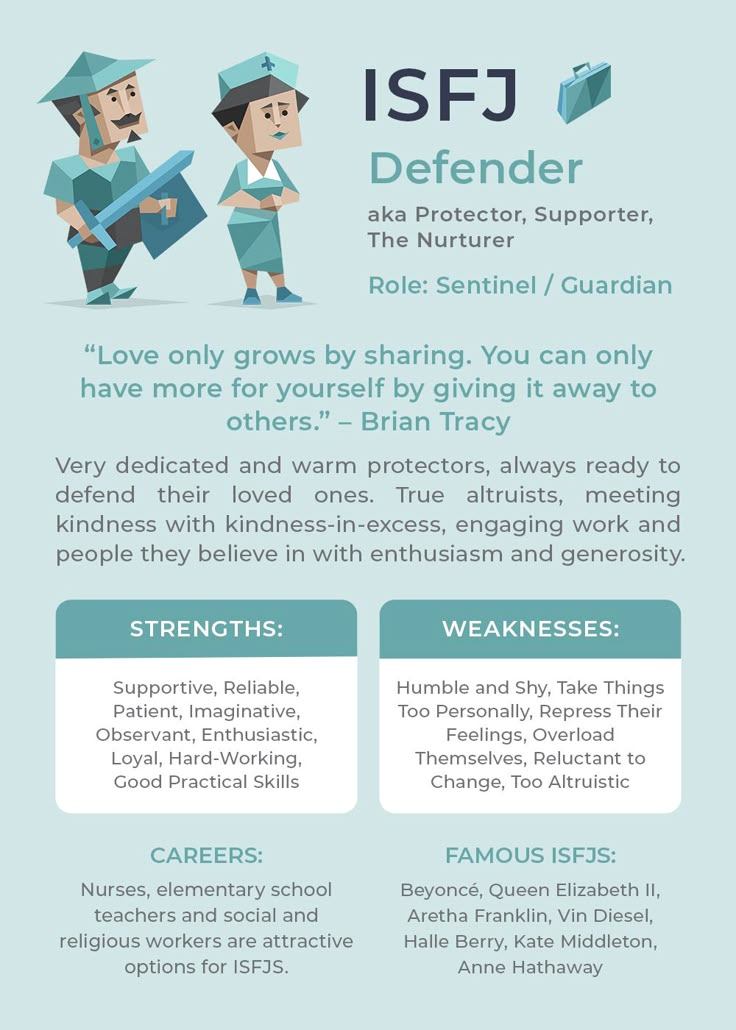 ..
..- Above-average intelligence
- Disinterested in shallow socializing or small talk
- Personalities may be too complex for most to relate to
- Unable to suffer lazy or unmotivated people
- Also called generalist, renaissance person, multipotentialite
Discipline • Focus • Self-Motivation
Polymath is not about math
And it’s a good thing too since the only math I like involves managing money, calculating event, travel and other business financials, writing spreadsheet formulas, and figuring out sales prices with percentage discounts.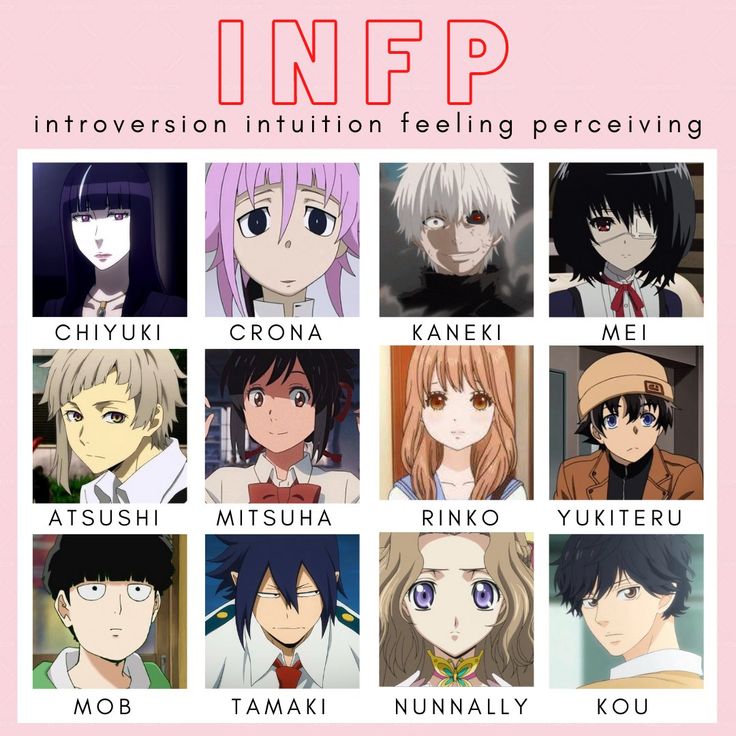
My aim was to create multiple income streams or build solutions where I saw needs I could answer.
I did not fully recognize the rarity nor the value of being a polymath until covid-19 after witnessing all of the “specialists” or one-track career professionals who were frozen helplessly with their livelihoods on pause, futures uncertain, and unable to pivot easily and maximize another skill to keep their incomes flowing. I always viewed my inability to quickly convey to someone what I do as my constant dilemma. I’d often pick whichever one I thought they might find most interesting or describe the first to pop into my head when asked, wishing that I had had the ability to choose one hat—okay, maybe two—upon which to focus on specializing, marketing or branding, and being or becoming “best at.”
It took me years to choose a major in college as I attended part-time, paying my way as I went to avoid debt and overwhelm. When I was finally ready to be done with my first degree and decided to choose, naturally I selected an ambiguous interdisciplinary program with emphasis in writing that my mostly dissimilar elective credits transferred into.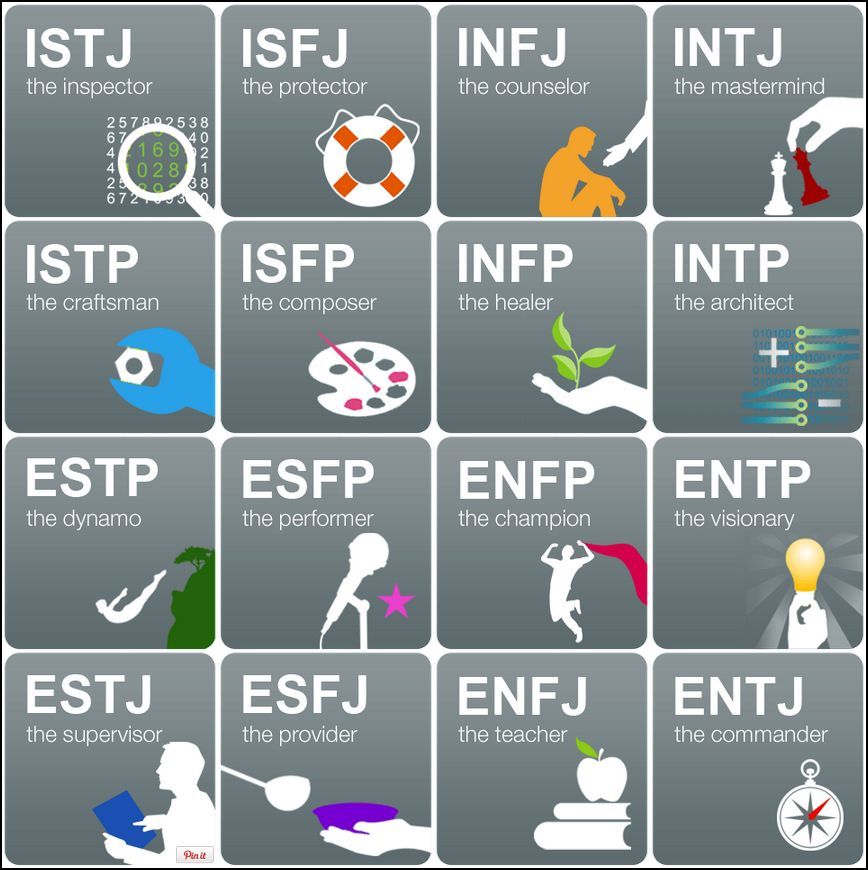
Society has made being a polymath appear to be a negative, as if becoming a specialist is the only way to succeed, when in fact it’s quite the opposite.
What good is being a polymath hobbyist?
Throughout grade school, we’re told to find one career to pursue. The rationalization behind this is that specializing makes it easier to find a stable job. But this is a myth. Having only one specialization or potential income stream throughout one’s life is rarely wise. This has proven to be a handicap for far too many people, particularly at the time of this writing as one consequence of the pandemic, rather than the opposite.
Yet, unless you’re independently wealthy, it’s not enough to be great at many things if you’re unable to monetize them. How does it benefit you if your only career ends unexpectedly and all you have are a half dozen hobbies that don’t meet the criteria for business ventures nor solve any of your problems.
Be strategic with your path to polymathy.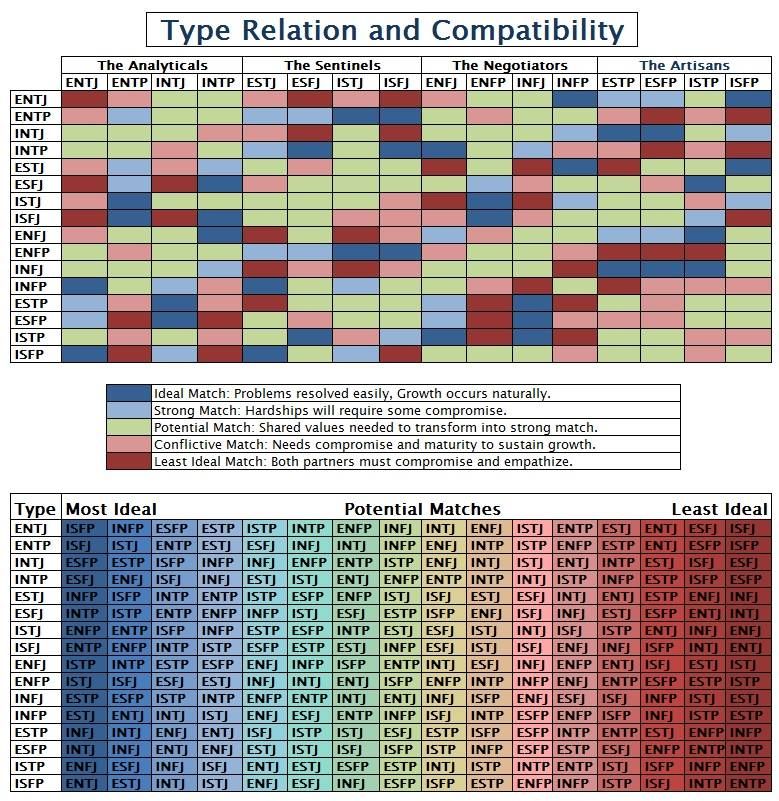 Pursue the hobbies, of course, but master the money-makers too.
Pursue the hobbies, of course, but master the money-makers too.
But be cautious...
Some of us tend to take on too much at once. Don’t make it harder for yourself than it has to be. The trick is to focus on mastering one before you take on the next. That Gladwell myth about needing 10,000 hours of deliberate practice to become world-class in any field is just that: a myth. You don’t need 10,000 hours, but you do need to focus and not allow yourself to get distracted by the next thing that piques your interest. If a polymath is what you aim to be, avoid overwhelming yourself with trying to learn too many of the things you want to learn at the same time. Strive for proficiency in each before you tackle another.
"But how and when do you have time to learn and DO all this?"
If I had a dollar for every time someone asked me that…
Simple. I don’t routinely waste a lot of time. I don’t spend hours upon hours on social networks or watching TV.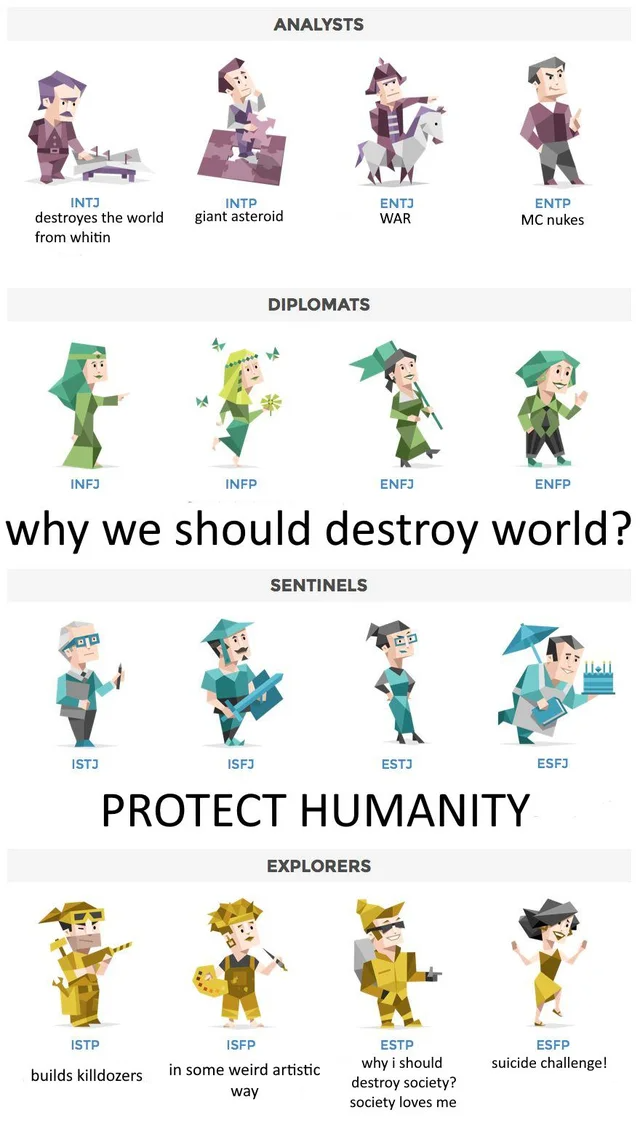 Even before the pandemic, I went through phases where I didn’t hang out socially for months because I was too busy learning or creating something and being productive while being a single mom to my now-grown boys. When I had downtime at the day job—which was often since I was so fast they could never keep me busy—I would be multitasking and utilizing that time to the fullest.
Even before the pandemic, I went through phases where I didn’t hang out socially for months because I was too busy learning or creating something and being productive while being a single mom to my now-grown boys. When I had downtime at the day job—which was often since I was so fast they could never keep me busy—I would be multitasking and utilizing that time to the fullest.
"Embrace your many passions. Follow your curiosity down those rabbit holes. Explore your intersections. Embracing our inner wiring leads to a happier, more authentic life. And perhaps more importantly — multipotentialites, the world needs us."
Emilie Wapnick
Related post(s): Tia Ross, Renaissance Woman
The future belongs to polymaths
↓ I want to start with a little history. Many years ago I saw a fresco by Raphael. The “School of Athens” is one of the pearls of Renaissance art. On it, the artist depicted the immortal images of great thinkers: Heraclitus, Empedocles, Parmenides, Pythagoras, Aristotle, Plato, Socrates .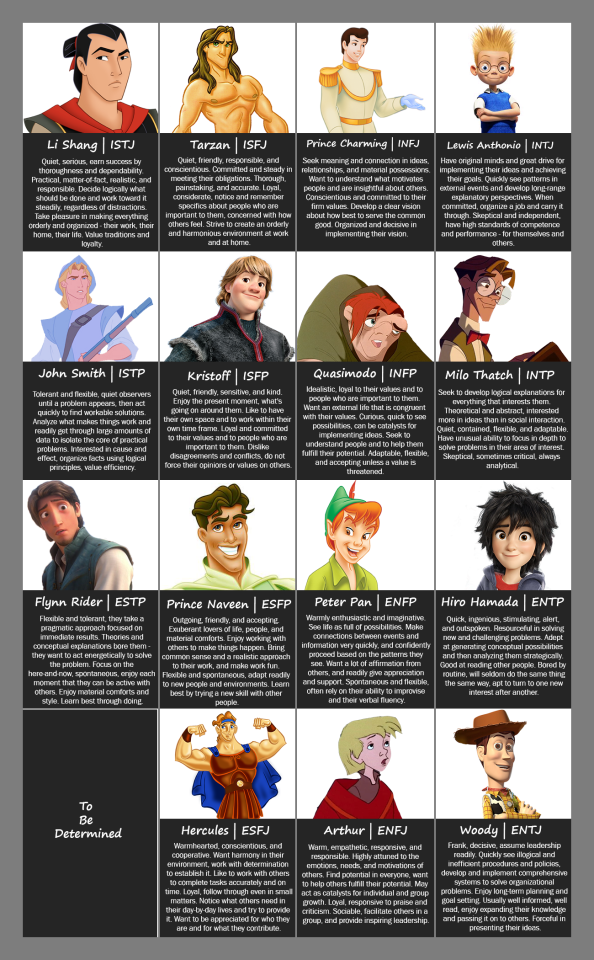 .. And among them there was one single woman who has always been for me a kind of model, an archetype of female wisdom - Hypatia of Alexandria. Rafael gave her the features of his beloved Margherita Luti. I looked at this collection of great minds of mankind and even then I understood that I knew one secret. Cosimo Medici also knew him.
.. And among them there was one single woman who has always been for me a kind of model, an archetype of female wisdom - Hypatia of Alexandria. Rafael gave her the features of his beloved Margherita Luti. I looked at this collection of great minds of mankind and even then I understood that I knew one secret. Cosimo Medici also knew him.
In the 15th century, he founded the Florentine Platonic Academy, headed by Marsilio Ficino. This Academy brought together outstanding philosophers, artists, architects, sculptors, poets of the Renaissance. It was the time of the total triumph of a new type of man - homo universalis, a prominent representative of which was Leonardo da Vinci - painter, architect, sculptor, inventor, writer, musician, scientist. The very embodiment of the union of music and mathematics, science and art. Where did this type of personality go today - in the era of deep specialization, and why did the one who looks at the world through the keyhole of his profession take the place of a universal thinker who saw a holistic picture of the world? Here are the questions I started asking.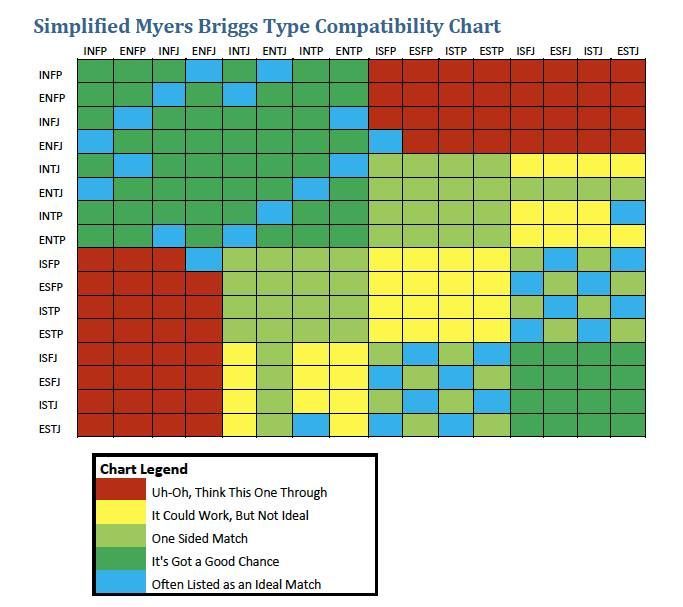
The 21st century presents us with global challenges. We are watching the rapid development of new technologies. But one gets the impression that neither politicians, nor businessmen, nor inventors are aware of the opportunities and risks associated with the development of artificial intelligence and biotechnology. The problems we will soon have to deal with are beyond our comprehension.
↓Raphael Santi. School of Athens, 1511
Fundamental climate change and the danger of an ecological catastrophe, the growth of the planet's population and migration processes, unknown epidemics and pandemics, unemployment - these are just some of the problems that can radically change our lives. These are the main questions we have to answer.
But a different kind of thinking is needed to solve these problems. As Albert Einstein said, "Problems cannot be solved with the same level of thinking that created them." Understanding these issues requires a global perspective. But where does the global perspective come from, if narrow specialization is being imposed everywhere? However, today it is not enough.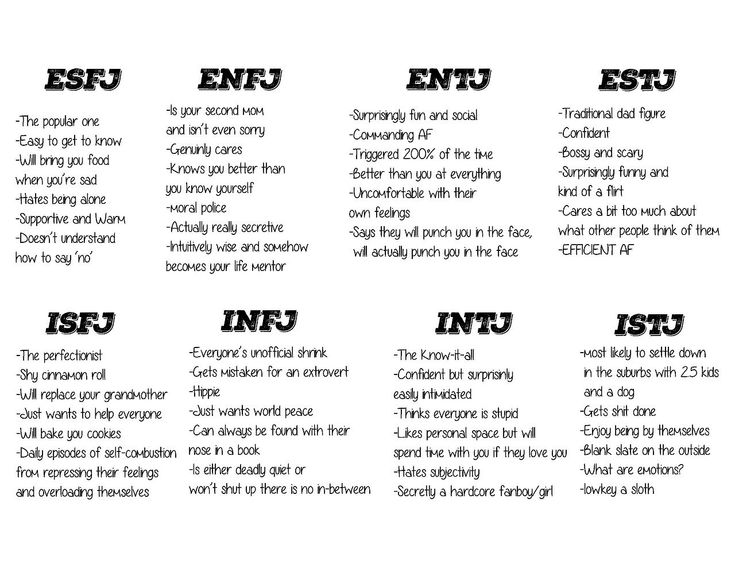 I said that I know one secret. It's time to tell him.
I said that I know one secret. It's time to tell him.
The future belongs to polymaths. The Polymaths were the most powerful people in human history. They had the ability to create atypical combinations of skills, to combine and synthesize knowledge from different disciplines. Only polymaths are able to comprehend and give an answer to the challenges facing man in the 21st century.
How to create conditions for the formation of personalities with polymatic thinking? To do this, it is necessary to transform the entire educational paradigm and create a new educational model. How? By uniting the best minds of mankind. Cosimo de' Medici had a Big Idea. She inspired me to mine. We live in an era when we need to dare to think big again. For many years, while developing a project called JanusAcademy, I tried to create a kind of matrix of the future educational system that would replace or become a real alternative to the educational model being implemented today.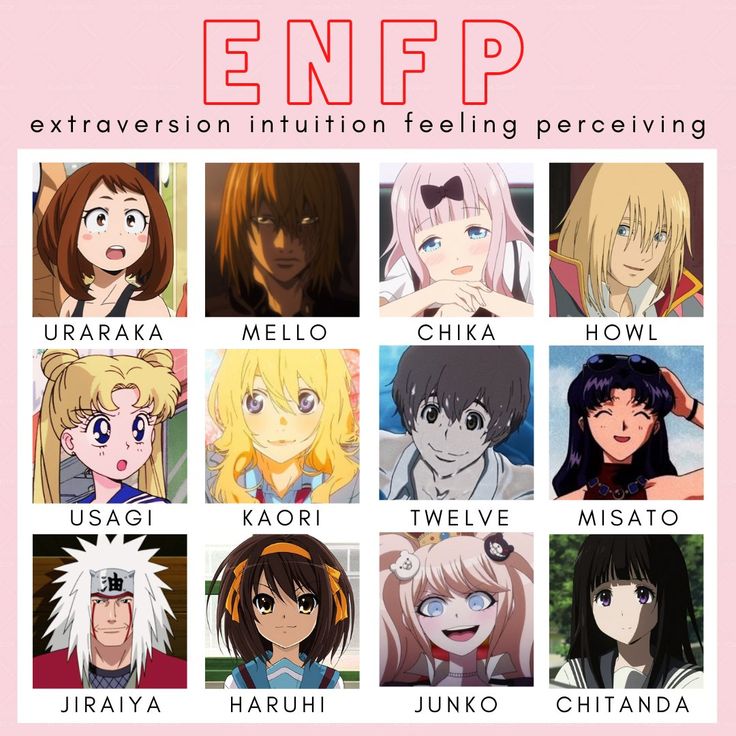
The modern educational model is focused on the formation of a narrow profile specialist who has passed the “school of skills and competencies”, but not the “school of knowledge”. The result is obvious: the skills and competencies acquired today need an immediate upgrade tomorrow, as they have become obsolete. The student is involved in an endless race, replacing one worn part with another. Without an axis of fundamental knowledge, he simply has nowhere to string the acquired skills. As a result, we get not a person who has realized his potential, but a “one-button specialist” with a “passport of competencies”, who flexibly adapts to changing trends. A "proteic individual" who knows how to use Agile, but understands nothing about the history of civilizations, structural linguistics, world culture, classical and contemporary art.
Today, education has ceased to be a way of inheriting culture, having become a tool for achieving career success.
However, if we look at the founders of the five largest companies in the world - Bill Gates, Larry Page, Steve Jobs, Warren Buffett, Jeff Bezos - we state that they are all polymaths, universal personalities, but by no means narrow specialists.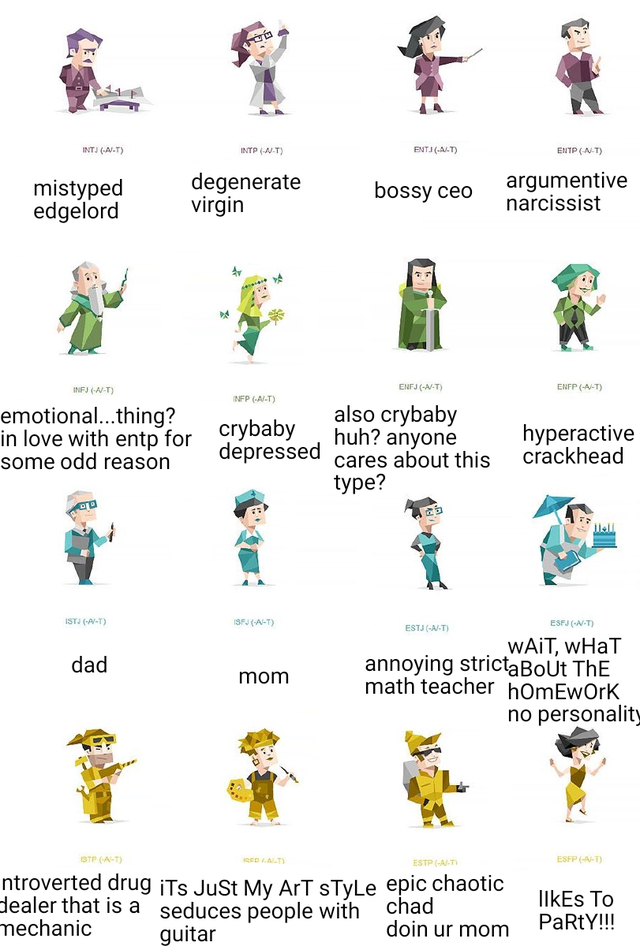
Such universal personalities were Aristotle, Ptolemy, Leonardo da Vinci, Newton, Kepler, Leibniz, Descartes, Thomas Edison, Benjamin Franklin, etc.
When we dream of being successful in a rapidly changing world, we often forget that the most successful people are polymaths. And gradually interdisciplinary employees, people with polymatic thinking become one of the most valuable assets.
We are afraid that robots will soon replace us at work and all processes will be automated. The machine will surpass man in his abilities. Of course, it will surpass - if we are talking about the abilities of a narrow specialist. But she will never surpass polymath. Historian Felipe Fernandez-Armesto points out: “Specialists are able to invent gadgets, formulate algorithms, and influence each other. But in order to go beyond experience and change the world, ideas need a mental space where the alchemical synthesis of all disciplines can take place. This space is in the minds of polymaths.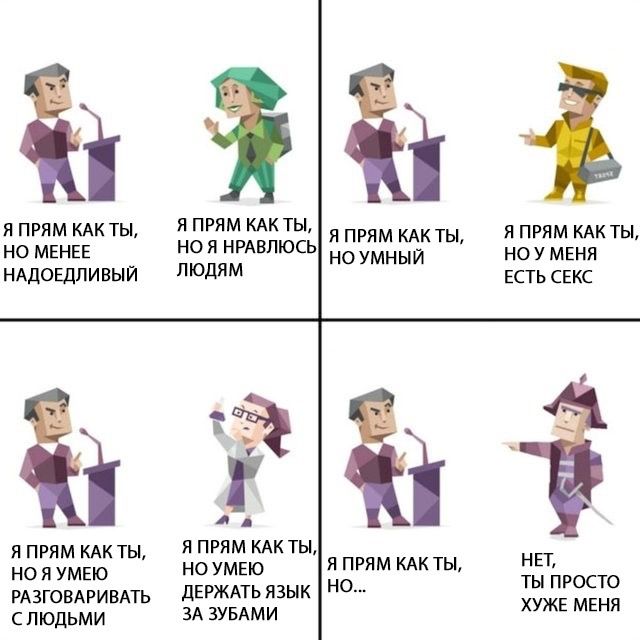 To master the empires of the intellect, you must transcend your own boundaries. Ancient Greece, Renaissance Italy, and Victorian England all honored and rewarded the polymaths, for whom today's universities have become a Procrustean bed.
To master the empires of the intellect, you must transcend your own boundaries. Ancient Greece, Renaissance Italy, and Victorian England all honored and rewarded the polymaths, for whom today's universities have become a Procrustean bed.
Society abandoned the idea of polymaths after the industrial revolution. As Ellwood P. Cubberley, Dean of the School of Education at Stanford University, said in 1898: “Our schools are, in a sense, factories in which raw materials, i.e. our children must turn into products.”
What problems do polymaths face today, does society accept them, does it give them the opportunity to discover their deep potential, apply all their knowledge and skills, and find themselves at the center of world processes? In one of the articles, I came across an opinion that in our society there is a clear rejection of people leading a polymathic lifestyle. On the contrary, it does not get tired of lavishing praise on narrow specialists. This is one of the consequences of industrialization: the idea that man is just a mechanism in a huge machine.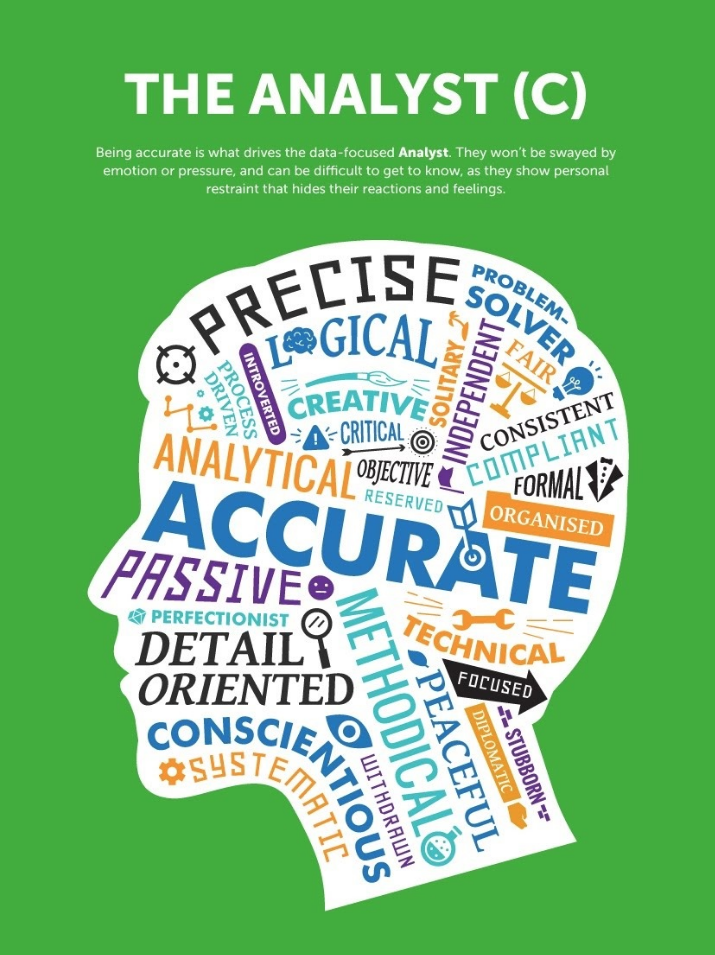 Moreover, this is the result of the industrialization of consciousness. Because of the reaction of society, many polymaths avoid calling themselves that. Some begin to deliberately talk about themselves as specialists, believing that thanks to this they will have a successful career. Others name different positions, depending on the context. Still others are waiting for the opportunity to demonstrate their many skills, i.e. they are waiting for a "request" from society itself.
Moreover, this is the result of the industrialization of consciousness. Because of the reaction of society, many polymaths avoid calling themselves that. Some begin to deliberately talk about themselves as specialists, believing that thanks to this they will have a successful career. Others name different positions, depending on the context. Still others are waiting for the opportunity to demonstrate their many skills, i.e. they are waiting for a "request" from society itself.
Leonardo da Vinci, the most prominent example of polymath, also faced serious problems. Wakas Ahmed, author of the seminal study The Polymath: Unlocking the Power of Human Versatility, writes: “If you look at Leonardo,” Wakas says, “you will see that he had to face a lot of adversity. He did not have the socioeconomic status to excel in even one single area, let alone several! But he had an innate curiosity, and it overcame any obstacles that he encountered in his creative environment or in society. It is curiosity that inevitably leads to absolute fearlessness, which we can see in many polymaths.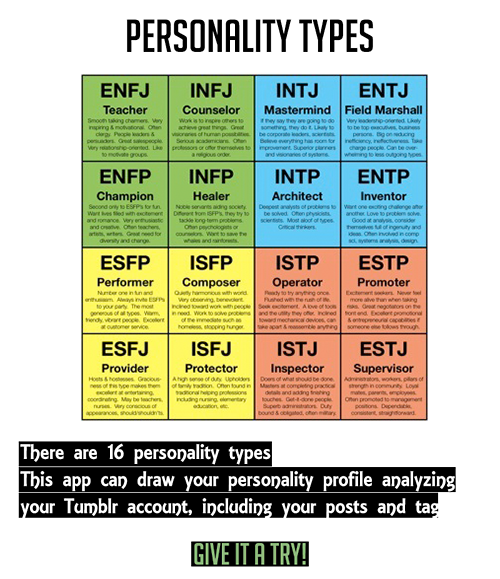 (…) It takes real fearlessness to go against the current, against the hyper-specialized world. You must have firm faith in your path to creativity and development. And you must be able to deal with the cynicism and skepticism and even envy that you will have to face as you move forward.”
(…) It takes real fearlessness to go against the current, against the hyper-specialized world. You must have firm faith in your path to creativity and development. And you must be able to deal with the cynicism and skepticism and even envy that you will have to face as you move forward.”
I have this problem myself. The question of the nature of my activity has always baffled me. Of course, over time, I had to introduce myself as: “Philosopher, publicist, culturologist, specialist in Antiquity, curator of the Janus Academy” (sometimes generally reducing all this to: “philosopher, specialist in Antiquity”). But the field of my interests and intellectual practices covers the entire field of the humanities, and if I am so proud of Antiquity, this does not mean that I am limited to it. In addition, I specialized in the field of personalized learning, developing individual educational programs. Organization of conferences, seminars, presentations, cultural events; strategic planning; public speaking experience; work with experts, embassies, public figures; negotiation experience; creation (and curation) of intellectual and art clubs; development of educational programs for cultural sites; experience in conducting interviews and surveys; work of the editor-compiler of scientific publications.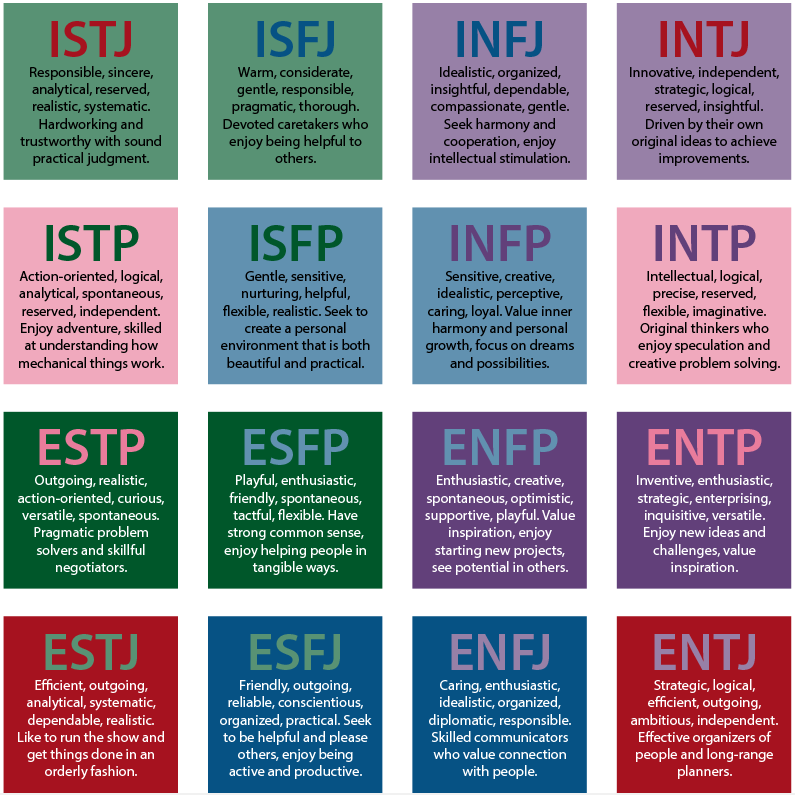 In addition, writing books, playing in the theater. So who am I? And most importantly, how to design my life so that the diversity of my knowledge and my experience has the opportunity to open up to the world and change something in it?
In addition, writing books, playing in the theater. So who am I? And most importantly, how to design my life so that the diversity of my knowledge and my experience has the opportunity to open up to the world and change something in it?
And answering this question, I decided to release a "black swan". Create a project that will start a revolution in education. The mission of this project is the consolidation of all the most significant thinkers, researchers, cultural figures and scientists who set themselves the goal of creating a new interdisciplinary educational program that meets the challenges of the 21st century and is able to maintain its main task - to be a way of inheriting culture.
How often you can see students who absolutely do not listen to what the lecturer says. And imagine that this very lecture is given to a student by his favorite writer or scientist, whose books he reads with great interest. Will he be more attentive to every word, will he take the learning process more seriously, and most importantly, will he have passion, a passion for learning, for mastering new disciplines, new areas, directions? Would you like to learn from the best of the best? And to study without watching videos, but to study in dialogue with the best of the best, in the process of live communication?
At Janus Academy, students do not acquire a narrow specialization, but fundamental knowledge that allows them to reveal their cognitive and intellectual potential.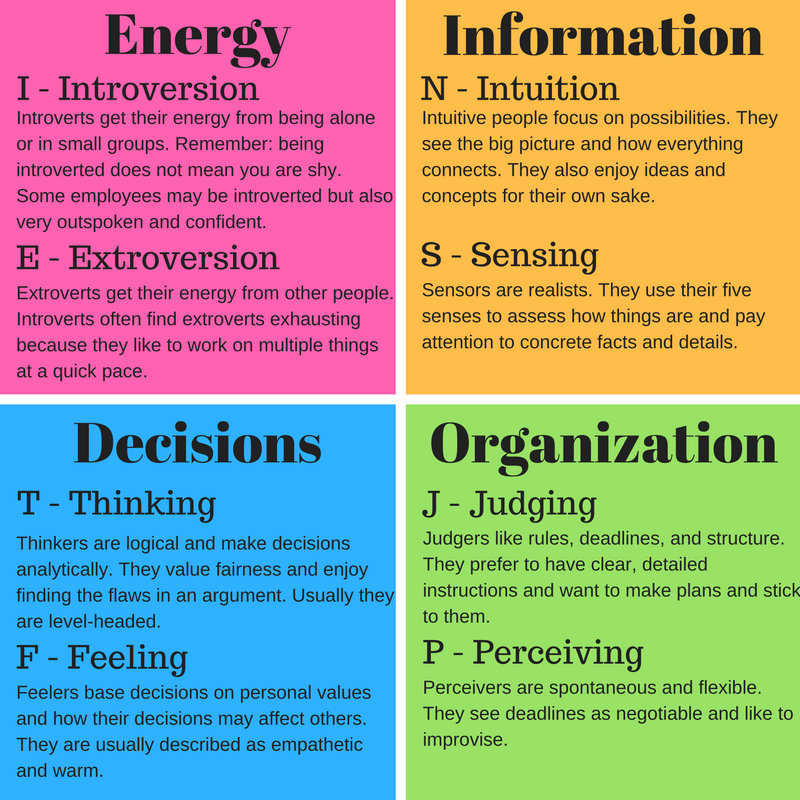
1. Interdisciplinary program "Polymat" (2 years of study)
2. 32 directions
3. More than 150 author's courses that form a unique educational complex:
- a complex of humanitarian disciplines that give students fundamental knowledge STEM (Science, Technology, Engineering, Mathematics), which develops innovative thinking and the ability to collect, analyze, systematize and critically comprehend information.
4. brilliant teaching staff (about 200 leading Russian and European scientists and specialists, researchers, philosophers, cultural and art workers)
5. training of international communities of polymath teachers to solve global problems of mankind
My friend told me that An interesting idea needs to be able to explain even to a 6-year-old child. And he asked me to explain to his 6-year-old daughter the purpose of my project. “How will you tell her about the polymaths, about the people of the Renaissance?” And I said to the girl: “Imagine a small island.Presented? Now imagine a huge continent, no, imagine the whole world! See how they differ? So in ordinary educational institutions people are made into small islands, and in my Academy every person will have the opportunity to become the whole world!" The girl understood.0017
Where do I see the project, for example, in 10 years? From the very beginning, I laid at the foundation of JanusAcademy not only a revolutionary potential, but also a potential for growth, that is, I have a good idea of how, within a few years, this project will grow into an entire empire, with its well-thought-out, branching structure. It will embrace the whole world and unite the best minds of mankind. And at the center of this empire will be the idea of polymath.
If this type of personality is not started to form now, if it is not given the opportunity to manifest itself to the maximum in all areas of human activity, if it is not allowed to find the key to the global challenges that the 21st century throws at us, we will disappear both as metaphysical beings and as intellectual individuals, and as a biological species.
We have entered a transitional stage, Interregnum, when the outdated paradigm has already been destroyed, and the new one has not yet emerged. It's time to "reinvent the world" again.
Enneagram . Alive Mind [Overcoming Mental, Emotional, and Professional Limitations]
The Enneagram of Personality was created in 1968 by the Bolivian Oscar Ichazo to establish a link between nine different types of personality (the word "enneagram" comes from the Greek roots "ennea" - "nine" and "grammos" - "written"). According to this model, the nine numbered dots on the enneagram represent the nine personality types and the relationships between them. So…
Type One: Reformers, Critics, Perfectionists. People of the first type are focused on personal integrity. They can be wise, insightful and inspired in their search for truth. They also tend to disown their faults or what they perceive to be their faults (such as negative emotions) and may be hypocritical to themselves and others in the hope of creating an illusion of virtue to cover up their own vices.
The greatest fear of the Firsts is their flaws; their highest goal is perfection. The thirst for perfection coupled with the desire for self-improvement are valuable qualities that dazzle me; they would come in handy for anyone embarking on a journey to a fuller life.
Second Type : Helpers, Donors, Guardians. Type 2 people are, at their best, compassionate, caring, and extraordinarily generous, but they can be somewhat obsessive and manipulative. Most of all, the Second want to be loved and needed and are afraid of being unworthy of love. Thanks to the relentless desire to be needed, the Second becomes the representative of the newborn man of the Renaissance, who guessed that life can be attacked from a different angle, and is eager to share his knowledge with everyone.
Third type : Conquerors, Executors, Conquerors. People of the third type are highly adaptive and changeable.
Some Thirds go through life with confidence and boundless openness; others wear a variety of public masks, do things they think will be commendable, and thereby lose touch with their true selves. Still others are driven by the need to be successful and appear successful. Self-confident and changeable, Type 3 people are not going to put up with mental starvation, so they are ideal candidates for cognitive cross-training.
Fourth type: Romantics, Individualists, Artists. People of the fourth type are driven by the desire to understand themselves and find their place in the world. They are afraid of not becoming a person or losing personal importance. The fourth profess individualism as people deeply creative and intuitive. However, they have a habit of withdrawing into themselves in search of what they are not destined to find - this is how their depression spirals. Individuality, coupled with the need to know oneself, drives Fourths to take on an ambitious self-improvement program such as this one.
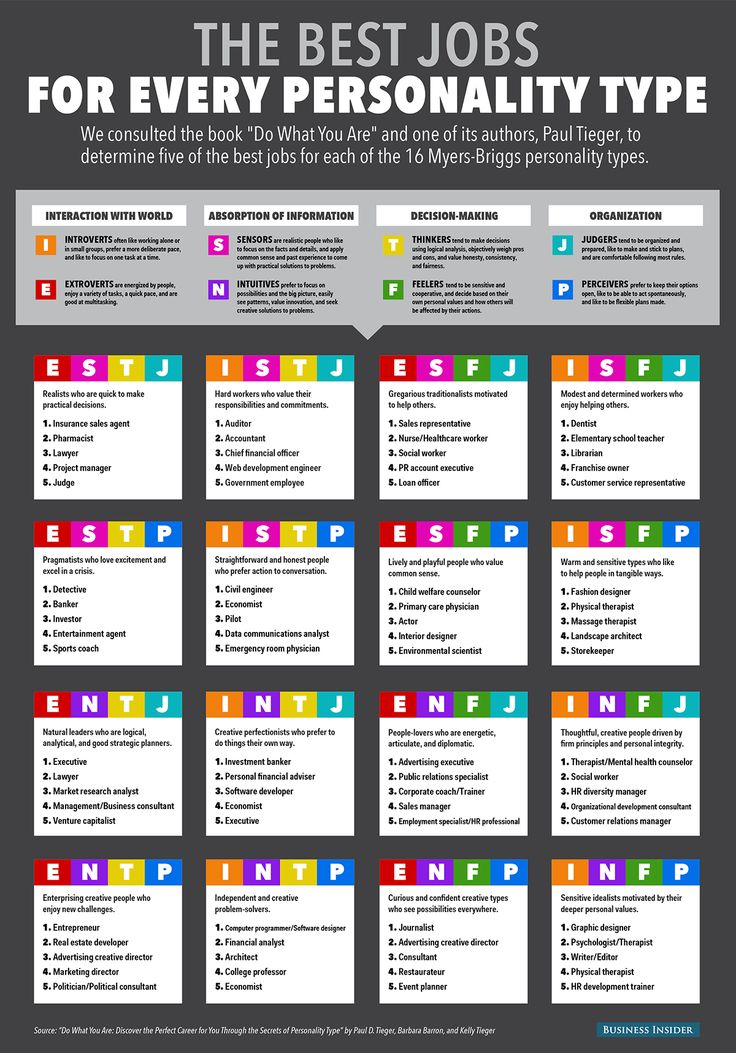
Type five: Observers, Thinkers, Researchers. People of the fifth type are driven by the desire to understand the world around them. Most of all, they crave to seize opportunities and knowledge. Firmly believing that they can only get what they deserve, Fifths watch closely and only speak when they feel they can shock the world with their remarks. Some Fifths, afraid of being incompetent or unclaimed, isolate themselves from the world, shutting themselves off from society with biting cynicism. Type 5 people have an inner drive for excellence in craftsmanship and a thirst for knowledge, so they are well suited to embrace kaizen and resist brain entropy.
Type six: Loyal subjects, Devil's Advocates, Advocates. People of the sixth type strive for stability. Despite the fact that their loyalty and responsibility are unshakable, they are in no hurry to trust if they were once betrayed. Sixths are extremely prone to fearful thoughts and emotional anxiety.
They usually respond to their fears by either avoiding frightening situations or dealing with them as if they were phobias. Given their resistance to change and anxiety, Type 6s are not prime candidates for a mission to challenge the current trend towards specialization. Of course, given that the heretical spirit of this book requires you to swim against the current in order to empower your brain, we invite the sixth type to accompany us on our journey.
Seventh Type: Enthusiasts, Adventurers, Sensualists. People of the seventh type are risky and active, they are overwhelmed with the energy and enthusiasm of eternal boys, they are the embodiment of Peter Pan. At their best, they love life for its various joys and wonders, and truly live in the moment. In the worst cases, they frantically rush from one new adventure to the next, too afraid of being disappointed by the fact that they did not get to really enjoy themselves. The seventh type represents practically the prototype of the Renaissance man who wants to know everything and experience everything.
The "mortal sin" of Type 7 people is gluttony, not in the sense of feeling overeaten, but rather as a desire to try everything the world has to offer (breadth) instead of spending time gaining a richer experience (depth). This is where the Enneagram hits the mark. I am a true Seventh (thoroughly flavored with a Fifth), the most frankly gluttonous person you will ever meet.
Eight type: Leaders, Patrons, Instigators. People of the eighth type rely on their own strength and crave power and control. Born leaders, they can be both friendly and merciful, and despotic, ruthless and ready to destroy everything in their path. Eighths are concerned with self-preservation. They need to control their lives and destiny, they are afraid that others will harm them or control them. Type 8s may turn out to be too conservative to take full advantage of the full potential of the multifaceted polymath all-rounder, although they are smart and likely to take advantage of the benefits of a cross-training program.

Type nine : Mediators, Peacekeepers, Guardians. Type nine is ruled by empathy. At their best, they are receptive, open, gentle, peaceful, living in harmony with the whole world. However, they tend to shy away from conflicts and indifferently obey the desires of other people. The fear of conflict is explained by their ability to simultaneously understand opposing points of view and the fact that above all they value peace of mind. Ninths are particularly prone to withdrawal and passive-aggressive behavior, preferring to act through inaction. Because they tend to be non-egocentric, Type 9s may not be ideal candidates to join our generalist campaign. Ninth prefer to go with the flow, and now just the flow towards specialization.
To know oneself to the end is above all arts, because this is the highest art.
German Theology
Now that you have understood everything about yourself (probably not for the first time), what are you going to do with this information? In other words, how does this relate to our position about the need for a more thoughtful approach to free time, so that even in middle age we fully face those days when, as Holly Golightly used to say in Breakfast at Tiffany's, at least "climb the wall"?
I am huge; I contain multitudes.
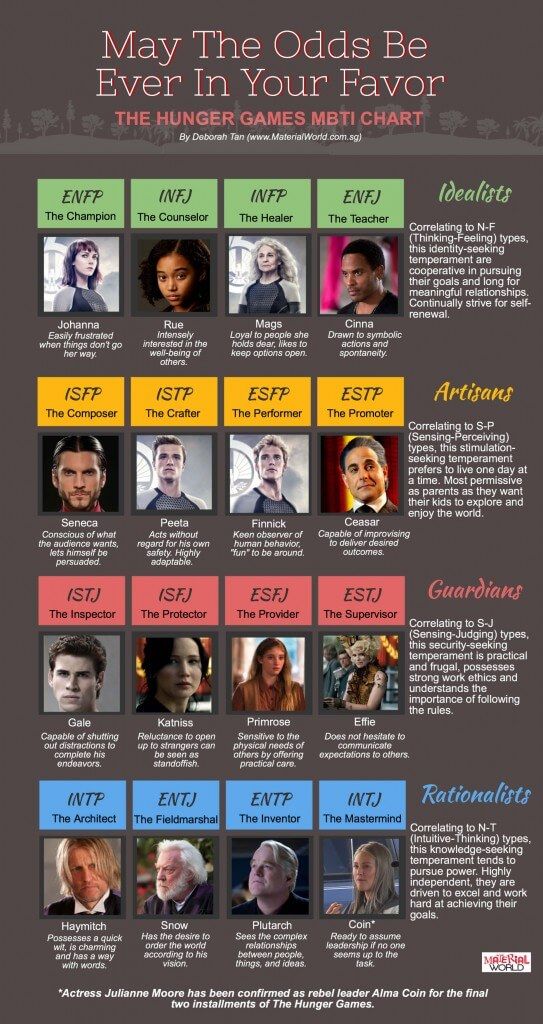
Walt Whitman (1819–1892)
It's not just about identifying your unique set of characteristic quirks. It's about how you're able to rearrange that particular set of your quirky traits to make your own personal hodgepodge of new potentialities. For example, let's say in HLD you have a low 'U', a high 'O', and you're a bit of a Kirsey 'Artisan' in combination with the 'Second', 'Third' and 'Sixth' types who are vying for the lead in enneagram. How do you turn it all around to achieve the best results in cross training?
The key to the solution is to pay more attention to what is not in you than to what is in excess. I am quite sure that none of us is able to change our true, innate personality type. Self-identification according to various classifications of personality types is partly an intellectual game. The real work begins when you apply kaizen to put a spark of energy into those descriptions that do not particularly suit you.
That's where the growth is.
I have always been frustrated by the fact that one has only to label, even a very tempting label, in the sense that self-knowledge is always exciting, it becomes an obstacle that we run into as soon as the question hangs in the air: how can I become better, more a versatile person if I'm stuck within the boundaries of my "type"? Again, the secret is to spend more time on categories where you are no , and then choose such activities to achieve what I call "Twenty Minute Triumph" to stimulate these areas. To borrow the game scheme of another team, in other words. It fulfills our individuality imperative. So if you are a tough person with business acumen and hidden artistic abilities, you need to get in touch with your caring, accommodating, loyal hidden side in order to strengthen your brain and overcome the blues. Maybe volunteer and work with children with disabilities, or join the directors of a charity mission and feed the hungry in your city.
